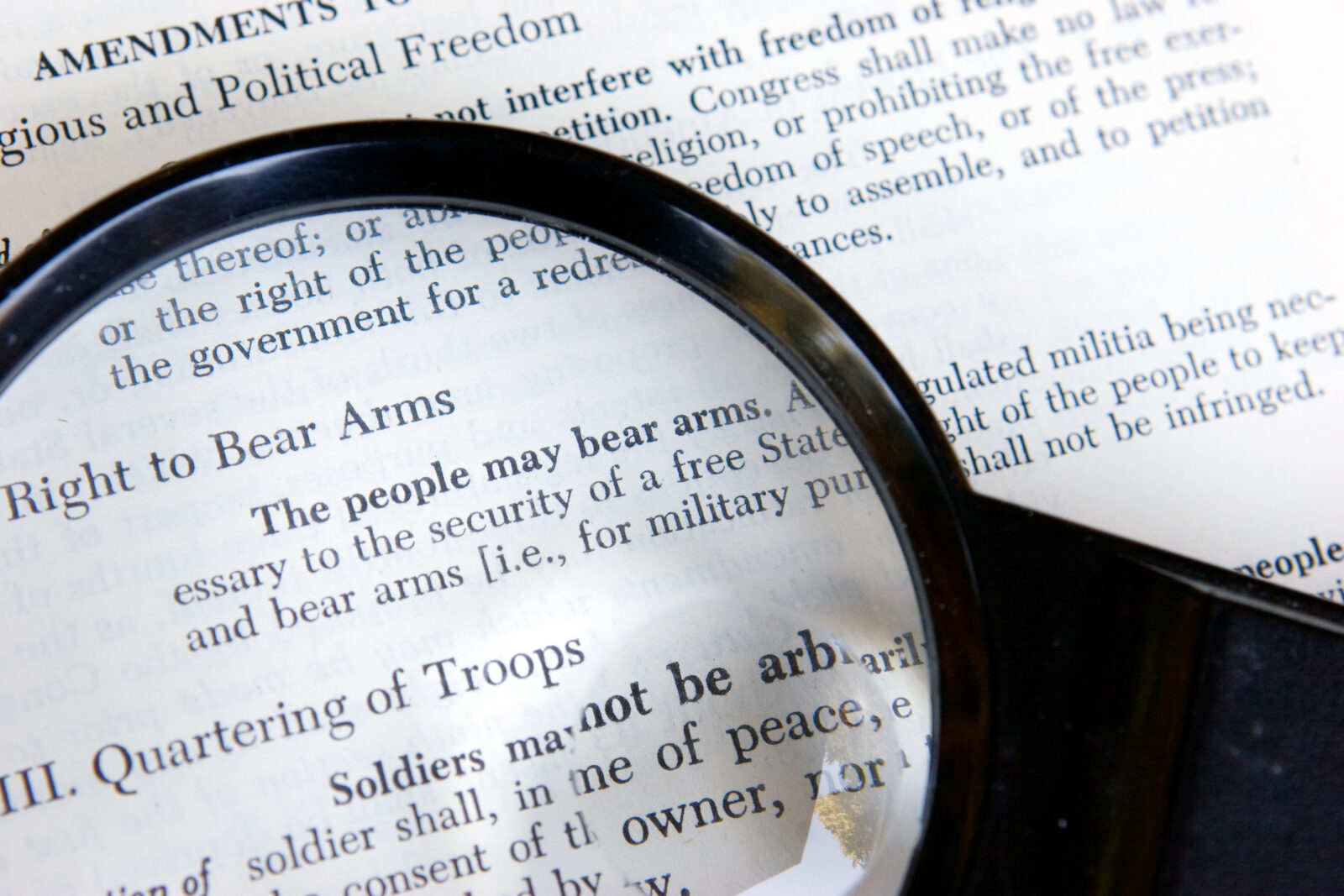August 16, 2019
Gun Control, Dark Money, and the Supreme Court: Senators File Amicus Brief

Just a week after back-to-back mass shootings, a group of senators are shining a light on the role of the courts in the debate over stricter gun regulations. On August 12, Senator Sheldon Whitehouse (D-RI), along with Senators Mazie Hirono (D-HI), Richard Blumenthal (D-CT), Dick Durbin (D-IL), and Kirsten Gillibrand (D-NY), filed an amicus brief in the first major challenge to gun legislation in the past 10 years to reach the Supreme Court.
Senators: Petitioners seek a “partner in a project to expand the Second Amendment”
In their brief, the senators urge the justices to send New York State Rifle & Pistol Association v. City of New York back to the lower court for dismissal. The case centers around a now-repealed gun law, and the senators argue that “petitioners and their allies have made perfectly clear that they seek a partner in a ‘project’ to expand the Second Amendment and thwart gun safety regulations.”
The brief describes the political machine that backs such aggressive policymaking litigation:
"[T]he National Rifle Association (NRA), the Federalist Society, and other dark money-funded partisan groups have engineered the case before the Court, and engineered the Court’s current Republican-appointed majority to rule in special interests’ favor.”
How have dark money groups influenced the current composition of the Supreme Court?
The senators’ brief references the “multimillion dollar advertising campaign to shape this Court’s composition.” Much of this campaign was fueled by dark money.
As revealed by a recent Washington Post exposé, the far right has spent at least $250 million in untraceable, unaccountable money to finance an effort that identifies and promotes judicial nominees who subscribe to the most restrictive conservative legal opinions.
The “Roberts Five” and political decisions
As the far right succeeds in influencing the composition of the Supreme Court, the Court’s rulings are also shifting. Sen. Whitehouse examines the behavior of the “Roberts Five”—the block of conservative justices who routinely rule with conservatives in the highest profile cases. In an issue brief for ACS, Whitehouse documented the frequency with which the “Roberts Five” rules in favor of its political backers:
“Under Chief Justice Roberts’ tenure through the end of October Term 2017-2018, Republican appointees have delivered partisan rulings not three or four times, not even a dozen or two dozen times, but 73 times. Seventy-three decisions favored Republican interests, with no Democratic appointee joining the majority. On the way to this judicial romp, the “Roberts Five” were stunningly cavalier with any doctrine, precedent, or congressional finding that got in their way.”
If we want to pass laws that effectively reduce gun violence, we must take a hard look at our judiciary. The more dark money we have influencing our courts, and the more special interests conservatives invite into our system of judicial reviews, the harder it will be to pass meaningful gun safety laws.




